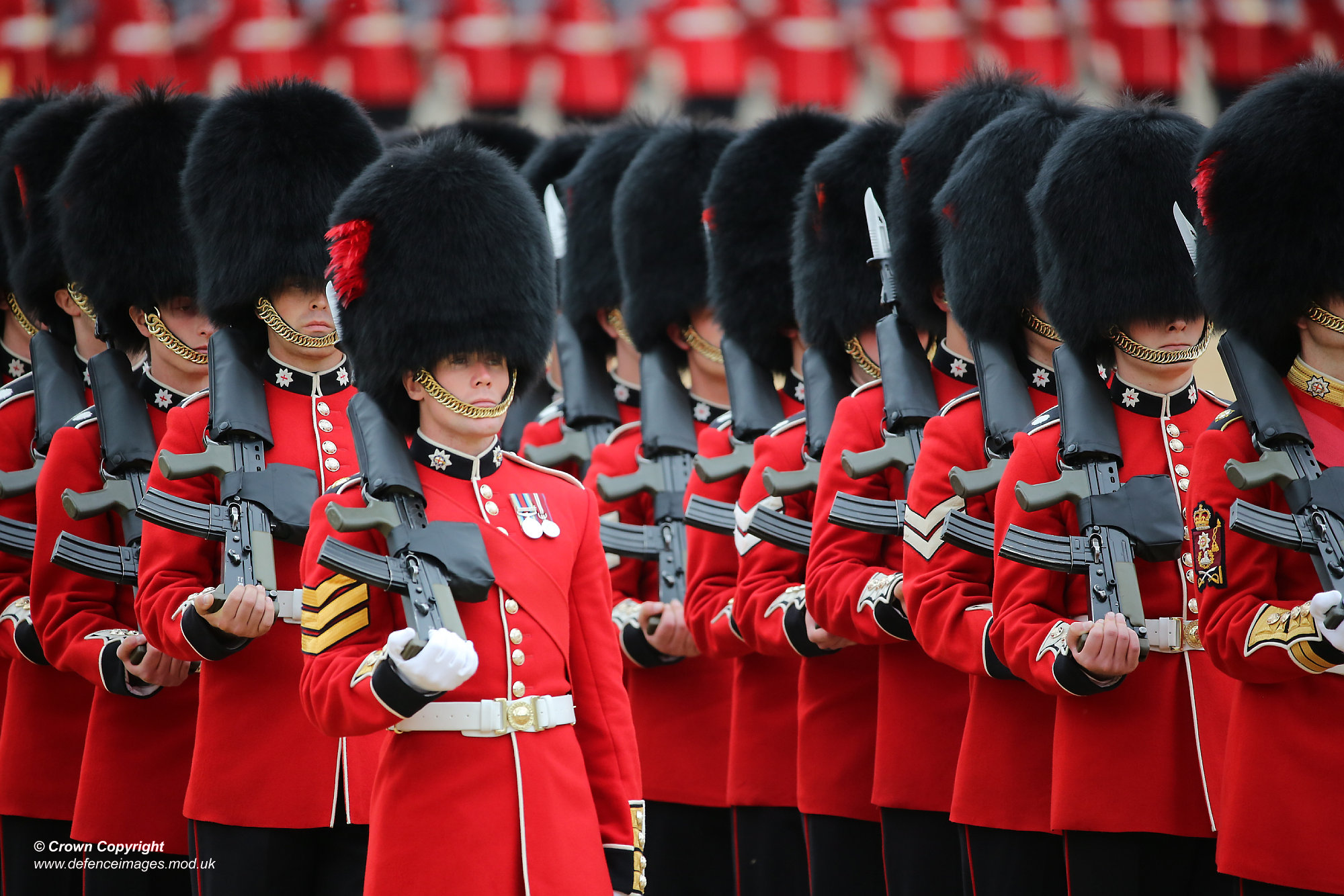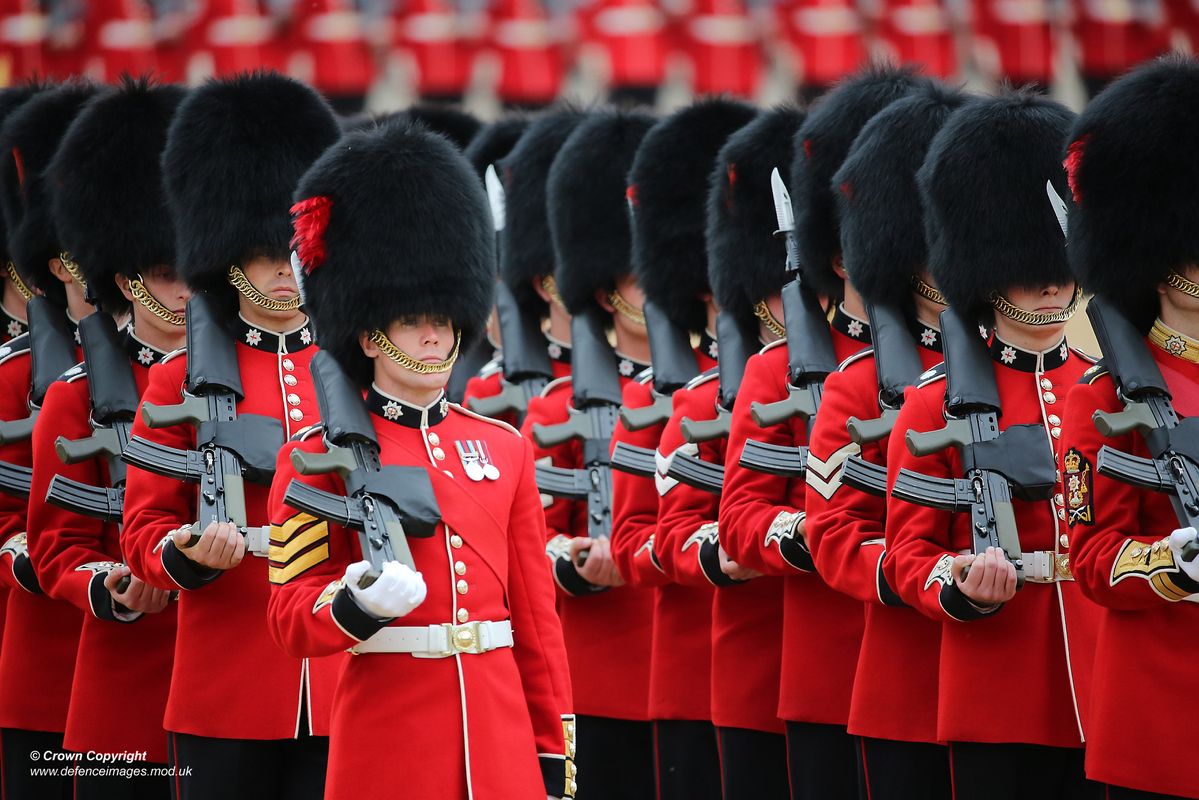
Summary
The United Kingdom’s new review of security and foreign policy has been heralded as a radical post-Brexit shift to a more global Britain, but senior British officials reassured allies on Tuesday that the plan will not weaken the UK’s commitment to NATO and European security, or British support for nuclear disarmament.
“As we assessed our interests and assessed our existing position in the international order, it was quite clear that our interests are global as well as they are European and, in some respects, were becoming more global, from economic interests through to security interests,” (42:29) explained John Bew, Special Adviser on Foreign Policy to the Prime Minister of the United Kingdom and author of ‘Realpolitik: A History’, told a Friends of Europe online debate.
Despite that global perspective, the review’s much-publicised tilt to the Indo-Pacific region, and reductions in tanks and troop numbers which have raised concern among some in NATO, Bew insisted the UK remains firmly engaged in Europe.
“The UK is not, in any way, packing its bags and becoming less European in leaving the European Union, that’s an important thing that was really strongly said in the review. There has been that pre-existing and strong and reinforced and increased commitment to NATO,” (43:21) he told the event. “The pre-condition of global Britain, the precondition of having this broader perspective and approach, is the security of our homeland and the Euro-Atlantic area.”
As an example, Bew emphasised the British pledge to spend 2.2% of gross domestic product on defence, placing it high among the minority of European allies who meet NATO’s 2% target.
Bew joined Samantha Job, Director for Defence and International Security at the Foreign, Commonwealth and Development Office, in explaining the review and fielding questions from a range of stakeholders from around Europe and beyond.
Rose Gottemoeller, Payne Distinguished Lecturer at Stanford University and former Deputy Secretary General of NATO, welcomed the UK review as timely in the context of NATO’s 2030 process to modernise and strengthen the Alliance, and discussions on updating its Strategic Concept.
“The integrated review and the very thoughtful process that the UK has gone through can only help and support NATO in its effort to fashion a new Strategic Concept,” (37:20) she said. “So, I welcome it very, very much from that perspective.”
However, Gottemoeller was among many participants who had some ‘sharp questions’ on the British plan. She asked if the review wasn’t ‘too broad’ with perhaps a contradiction in the aim to deploy naval forces to the Indo-Pacific while seeking to reduce ‘costly platforms’ elsewhere; and she questioned how the decision to raise Britain’s nuclear warhead ceiling to 260 would tie into international arms-control discussions.
The British officials sought to allay concerns over nuclear policy.
“Our nuclear doctrine, and posture, has not changed … our commitment to the arms control and disarmament agenda, which the UK has always been an active member of, that has not changed either,” (49:54) said Job. “The fundamental picture hasn’t changed, what’s happened is that the numbers have needed to change in response to this strategic scenario.”
About
Heralded as “the most radical reassessment of [the UK’s] place in the world since the end of the Cold War”, how will the review shape the UK’s readiness to meet security threats to the international order such as climate change, cyberattacks and pandemics? The review comes at a time when the world is dramatically changing and experiencing the continuing impacts of COVID-19, the UK’s exit from the European Union and the election of a new president in the US. It has the potential to set the direction for UK foreign, defence and security policy for a generation. One of its aims is to strengthen the UK’s global influence and encourage development of new technologies. This debate provides an important opportunity to flesh out the UK’s vision for the its international role after Brexit.
Related Content
Our events include photos, audio and video recording that we might use for promotional purposes. By registering, you give your permission to use your image. Should you have any questions, please contact us.
PHOTO CREDIT: Owen Cooban © Crown Copyright 2014
Schedule
Questions include:
- What will the review mean for sharing responsibilities and capabilities?
- What are the implications for European security?
- How might it reframe existing coalitions and international security arrangements?
Speaker
John Bew
Special Adviser on Foreign Policy to the Prime Minister of the United Kingdom
Samantha Job
Director for Defence and International Security at the Foreign, Commonwealth and Development Office
Rose Gottemoeller
Distinguished Lecturer at Stanford University and former NATO deputy secretary general
Moderator
Dharmendra Kanani
Chief Operating Officer and Chief Spokesperson of Friends of Europe
Speakers

Special Adviser on Foreign Policy to the Prime Minister of the United Kingdom
John Bew is a member of the Number 10 Policy Unit and provides foreign policy advice to the office of the Prime Minister. He is also a prolific author and Professor of History and Foreign Policy at the War Studies Department of King’s College London, where he founded the Grand Strategy Programme. Bew previously worked as a specialist advisor to the Foreign Affairs Committee and lead the foreign policy programme at Policy Exchange, a leading think tank in the UK. He is also the former Henry A. Kissinger chair in foreign policy at the United States Library of Congress.
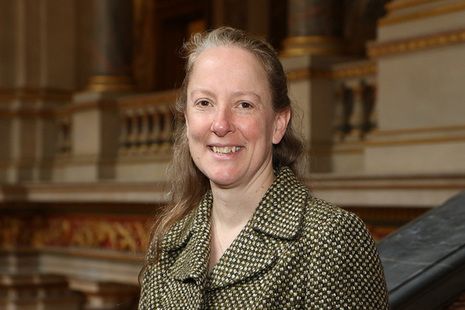
Director for Defence and International Security at the Foreign, Commonwealth and Development Office
Samantha Job has been a career foreign service officer since 1992, becoming the Director for Defence and International Security at the Foreign, Commonwealth and Development Office (FCDO) in March 2019, having previously been the joint Head of the North Africa Department in the FCDO in London. A theme of her career has been security policy, where she has led policy formulation on counter-proliferation, EU Security and Defence Policy and counter terrorism. Job was also the counter terrorism and counter proliferation specialist at the UK’s mission to the UN in New York.
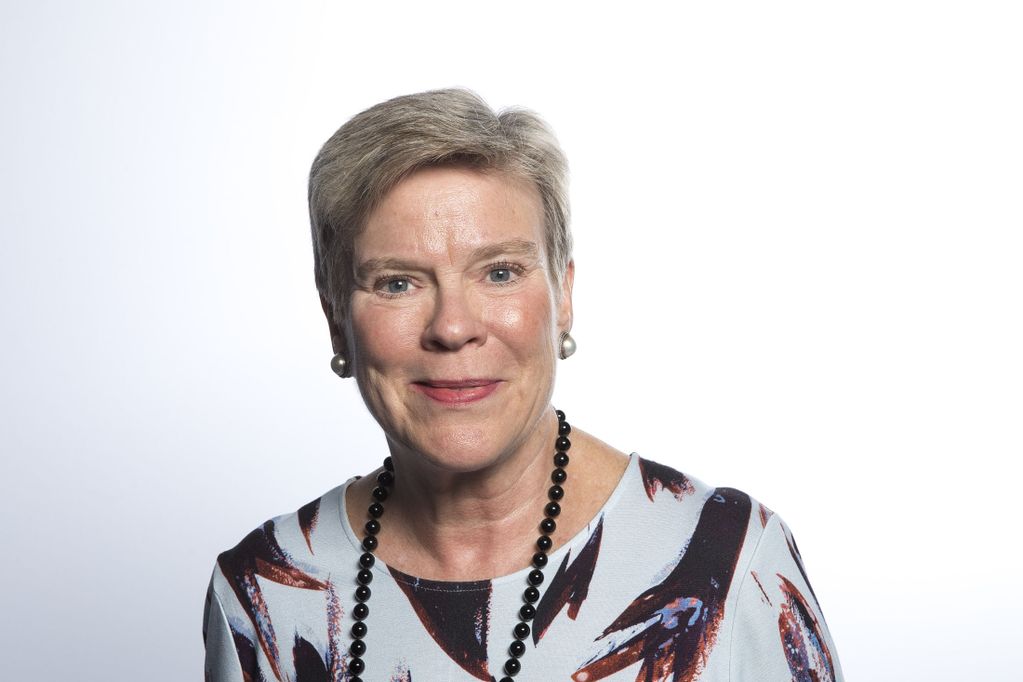
Distinguished Lecturer at Stanford University and former NATO deputy secretary general
Rose Gottemoeller is the Frank E. and Arthur W. Payne Distinguished Lecturer at the Freeman Spogli Institute for International Studies at Stanford University and its Centre for International Security and Cooperation. She is the former NATO deputy secretary general and former under secretary for arms control and international security at the US Department of State. She was also the chief US negotiator of the New Strategic Arms Reduction Treaty with the Russian Federation. Gottemoeller is currently a Research Fellow at the Hoover Institution and a Nonresident Fellow of the Nuclear Policy Program at the Carnegie Endowment for International Peace, where she previously served as the director of the Carnegie Moscow Centre.
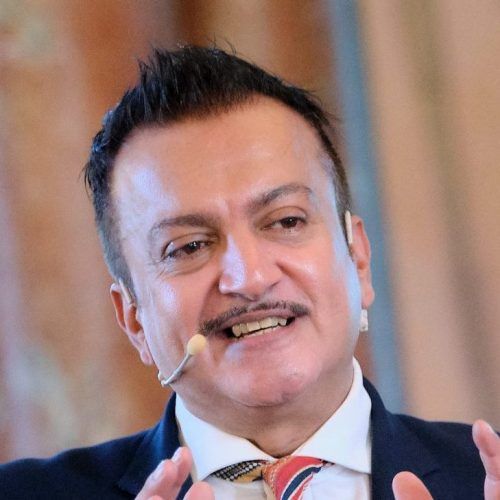
Chief Operating Officer and Chief Spokesperson of Friends of Europe
Prior to joining Friends of Europe, Dharmendra Kanani was director of policy at the European Foundation Centre (EFC). He was the England director at the Big Lottery Fund, the largest independent funder in the UK and fourth largest in the world. Dharmendra has held senior positions in the public and voluntary sectors and advisor to numerous ministerial policy initiatives across the UK.
Partners
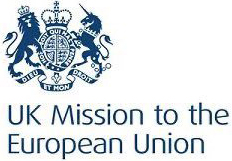
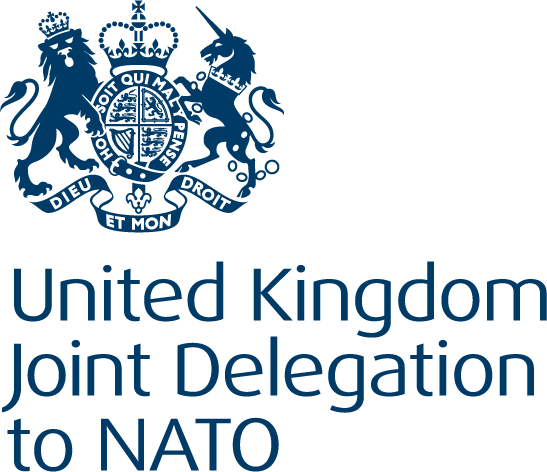
Activities
From ambition to action: building Europe’s Defence Union
Past event In person

- Area of Expertise
- Peace, Security & Defence
EU-Western Balkans Summit 2025
Next event In person & Livestreamed

- Area of Expertise
- Peace, Security & Defence
Frontline Voices: renewing the women, peace and security agenda
Past event Online

- Area of Expertise
- Peace, Security & Defence
Frontline Voices: diagnosing the disconnect – The Women, Peace and…
Past event Online

- Area of Expertise
- Peace, Security & Defence
Defence Science and Technology: can NATO maintain its edge as its…
- Category
- #CriticalThinking
- Author
- By Jamie Shea
The next EU budget: increasing defence resources for strategic autonomy
- Category
- #CriticalThinking
- Author
- By Daniel Dăianu
How Russia fabricates reality to feign innocence while bombing civilians
- Category
- Area of Expertise
- Peace, Security & Defence
What happens to a kid abducted by Russia? Survivors and detention camp maps…
- Category
- Area of Expertise
- Peace, Security & Defence

- Area of Expertise
- Peace, Security & Defence

- Area of Expertise
- Peace, Security & Defence

- Area of Expertise
- Peace, Security & Defence

- Area of Expertise
- Peace, Security & Defence
Continue
the debate on
- Debating Europe
